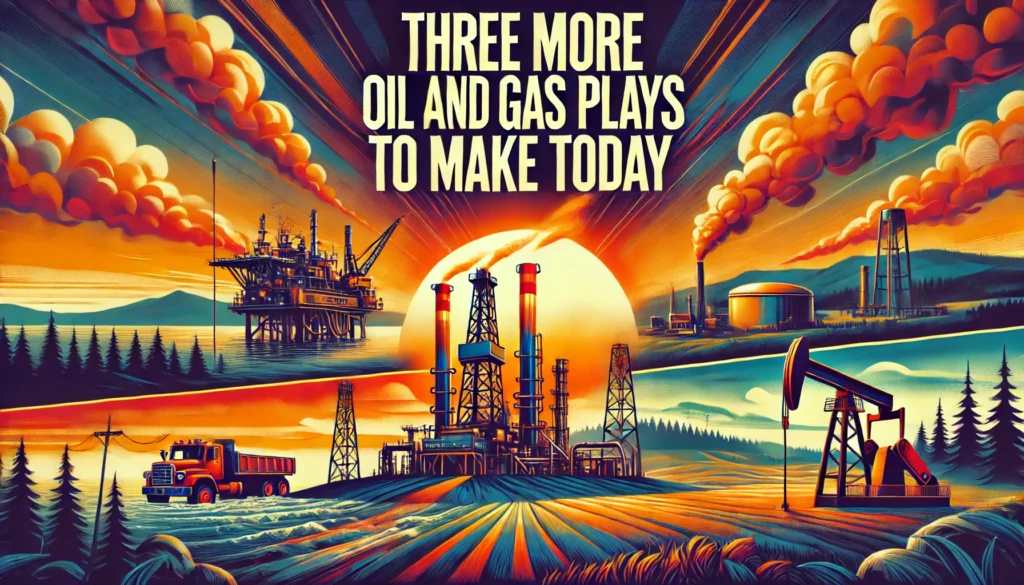- You can’t trust the numbers…
- Not a disgrace, just a catastrophe…
- TRUMP’S CURSE: A $35 Trillion Meltdown Ahead? Robert Kiyosaki just issued his boldest warning yet — and he says the clock’s almost out of time.
Dear Reader,
Stocks were up and away yesterday… aloft on the thermals of surging economic data.
USA Today:
- U.S. stocks rose, with the tech-heavy Nasdaq reaching another record high, in early afternoon trade on strong earnings reports and economic data…
- Weekly jobless claims fell by 7,000 to 221,000 in the week ended July 12. A Reuters survey of economists had forecast 235,000 new claims.
- Retail sales also rebounded from a weak May. June retail sales rose 0.6%, beating the 0.2% estimate from the Dow Jones consensus.
Just so. Yet numbers can be lovely liars. They are capable of tales truly fantastic.
Like a Hollywood movie set… a false set of teeth… or a toupee… the numbers sketch a false scene.
How Numbers Deceive
Assume a slave economy where the 1% takes the 99% in toil. The unemployment rate in that economy may be zero.
Is that economy a healthful economy?
Do not ask the economist focused solely upon the unemployment rate. You may not like his answer.
Or, imagine an epidemic of broken legs that sweeps the nation.
Spiraling medical expenditures elevate the gross domestic product — do not forget, medical expenditures constitute economic activity.
And think of all the fresh money physicians’ hands!
The monies they consecrate to vacations, dinners, automobiles and all forms of luxuriance fan out in expanding circles.
The gross domestic product expands with it.
Should We Break Everyone’s Leg?
Yet shall we consider its origins — the millions of leg fractures that stimulated the spending?
The medical expenditures were not the voluntary expenditures of flush consumers eager to spend money.
They were instead the necessary expenditures of agonized souls eager to end their suffering.
Where is the overall gain?
Yet to government data-manglers, it is all one. Consumer suffering translates to “consumer spending.”
Well then, shall we not fracture the legs of everyone we encounter? Imagine the virtuous cycle of spending that would follow!
Running in Place
Now direct your attention to the low unemployment rate.
Does a low unemployment rate indicate a bounding and bountiful economy?
Or may it indicate a floundering economy?
The Kobeissi Letter:
- Millions of Americans now work multiple jobs to pay for basic necessities:
- The number of multiple jobholders jumped 282,000 in June, to near a record 8.87 million.
- This figure surpasses the 2008 peak by 800,000 people.
- As a share of employment, multiple jobholders rose to 5.5%, the third-highest in 16 years.
More:
- At the same time, Americans working primary full-time and secondary part-time jobs surged by 133,000, to 5.05 million, one of the highest levels in history.
- As a share of employment, this metric sits at 3.1%, in line with the 2008 Financial Crisis peak.
In conclusion:
- Affordability in America is rapidly declining.
That is, affordability in America is rapidly declining… amidst a statistical ocean of economic plenty.
The economic numbers, the official numbers, suggest not economic satisfaction — but economic desperation.
Again: Numbers can be lovely liars.
A Sign of Prosperity?
Meantime, United States credit card debt runs to record heights.
We learn from Bankrate that 23% of credit card debtors believe they will never retire their debts…
And that 28% finance their daily consumptive needs on credit — needs such as groceries and gasoline.
We learn further that 64% of credit card debtors have postponed or cancelled significant financial decisions due to their debt.
Yet rejoice, we are instructed — retail sales are on the jump!
In reminder:
- June retail sales rose 0.6%, beating the 0.2% estimate from the Dow Jones consensus.
Can consumers truly afford these retail sales? The data-contortionists do not take up the question.
The numbers are the numbers and that is that.
The numbers are up.
A “Bougie” Economy
I have previously forwarded the claim that the United States economy is in critical respects a “bougie” economy.
Again, bougie: “High-class, fancy, materialistic, snobby. Mistaken for prosperity.”
Mr. E.J. Antoni is an economist with the Heritage Foundation. From whom:
- Despite inflation-adjusted incomes falling dramatically since January 2021, Americans are buying more than ever. That may sound like a contradiction, but it’s perfectly possible, at least in the short run. Americans today, especially the young, are just “bougie broke.”
- That’s a fancy way of saying people have given up on saving, investing and planning for their future, so they spend every last dime in hedonistic pleasure-seeking. Ironically, the sky-high cost of living is what drives people to spend frivolously.
Not a Disgrace, Just a Catastrophe
Thus an expanding gross domestic product does not necessarily indicate economic progress. As I have argued before:
It may, in fact, indicate economic regression.
It confuses motion for direction, activity for energy.
It confuses desperation for contentment, resignation for purpose, anxiety for bliss.
It is the economics of the hamster wheel.
Yet I seek the silver lining that lines the gray cloud.
“Being broke is not a disgrace,” as once argued a certain Rex Stout — “it is only a catastrophe.”
America’s bougie broke do not confront disgrace. Here is the lining of silver:
They merely confront catastrophe.
Brian Maher
for Freedom Financial News




